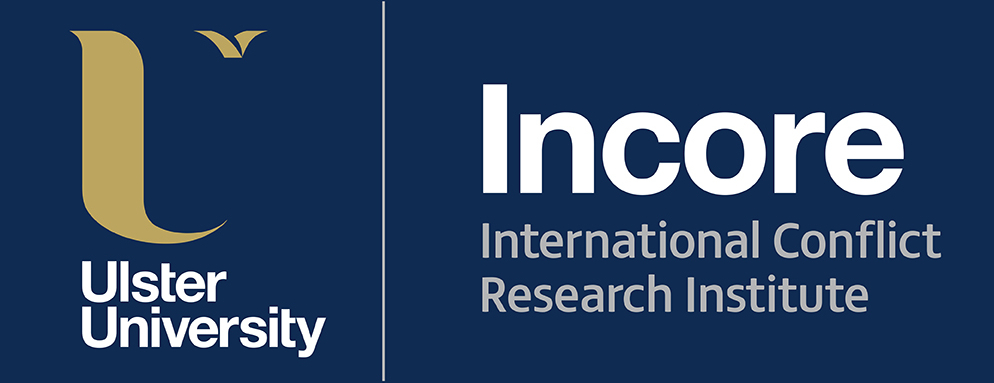International Speakers

Doug Boyd
Director, Louie B. Nunn Center for Oral History, University of Kentucky
Doug Boyd Ph.D. directs the Louie B. Nunn Center for Oral History at the University of Kentucky Libraries and is a recognized leader regarding oral history, archives, and digital technologies. He recently managed the Oral History in the Digital Age...
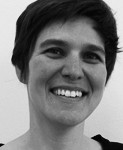
Elisabeth Baumgartner
Head of Swisspeace’s Dealing with the Past program
Since 2011 Elisabeth has been the head of swisspeace’s Dealing with the Past program. One of the projects of this program is called “Archives and Dealing with the Past”. The goal of this project is to make a significant contribution...
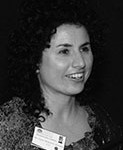
Iratxe Momoitio Astorkia
Director of the Gernika Peace Museum
Iratxe has been Director of the Gernika Peace Museum (unique peace museum in the Basque Country and Spain) since its creation in the year 1998. She has published several articles about Memory, the bombing of Gernika and the Spanish Civil...

Louise Corti
Associate Director at UK Data Archive
Louise is an Associate Director and heads the UK Data Service functional areas of Collections Development and Producer Relations. The Collections Development team work to ensure that the most useful data are acquired and made available via the Service, using...

Norman Duncan
Lead Researcher, Apartheid Archive Project
Norman Duncan holds a professorship in Psychology, and Vice-Principal/ Deputy Vice-Chancellor Academic at the University of Pretoria, and former Dean of Humanities at the University of Pretoria. He obtained his qualifications in Psychology from the University of the Western Cape...
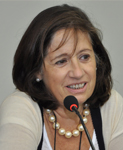
Patricia Tappatá Valdez
Professor of Transitional Justice at Buenos Aires University
Patricia Tappatá Valdez has worked since 1974 for the defence of human rights in Peru, El Salvador and Argentina. She is currently the head of the Directorate in charge of the relationship with civil society organizations at the Ministry of...
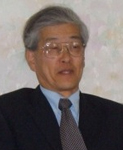
Ramsay Liem
Professor Emeritus at Boston College
Ramsay Liem is professor emeritus of psychology and visiting scholar at the Center for Human Rights and International Justice at Boston College. He served as co-coordinator for the Asian American Studies Program, continues to teach a seminar on Culture, Identity,...

Roberta Bacic
Curator of International Exhibitions of Arpilleras
Roberta taught at Universidad Austral de Chile from 1973 to 1981. From 1982 she worked in Carlos Anwandter German Institute and San Mateo College both in Chile. Between 1993 and 1996, she worked for the National Corporation of Reparation and...
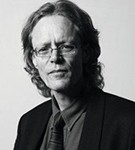
Verne Harris
Director of Research and Archive at the Nelson Mandela Foundation
Verne is Director of Research and Archive at the Nelson Mandela Foundation and was Mandela’s archivist from 2004 to 2013. He is an honorary research fellow with the University of Cape Town, participated in a range of structures which transformed...
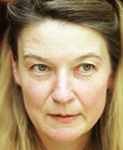
Vesna Teršelič
Director of the Center for Dealing with the Past, Documenta
Vesna Teršelič is Director of Center for Dealing With the Past, Documenta. Documenta – was founded by the Centre for Peace, Non-Violence and Human Rights, Osijek, the Centre for Peace Studies, the Civic Committee for Human Rights and the Croatian Helsinki Committee as...
